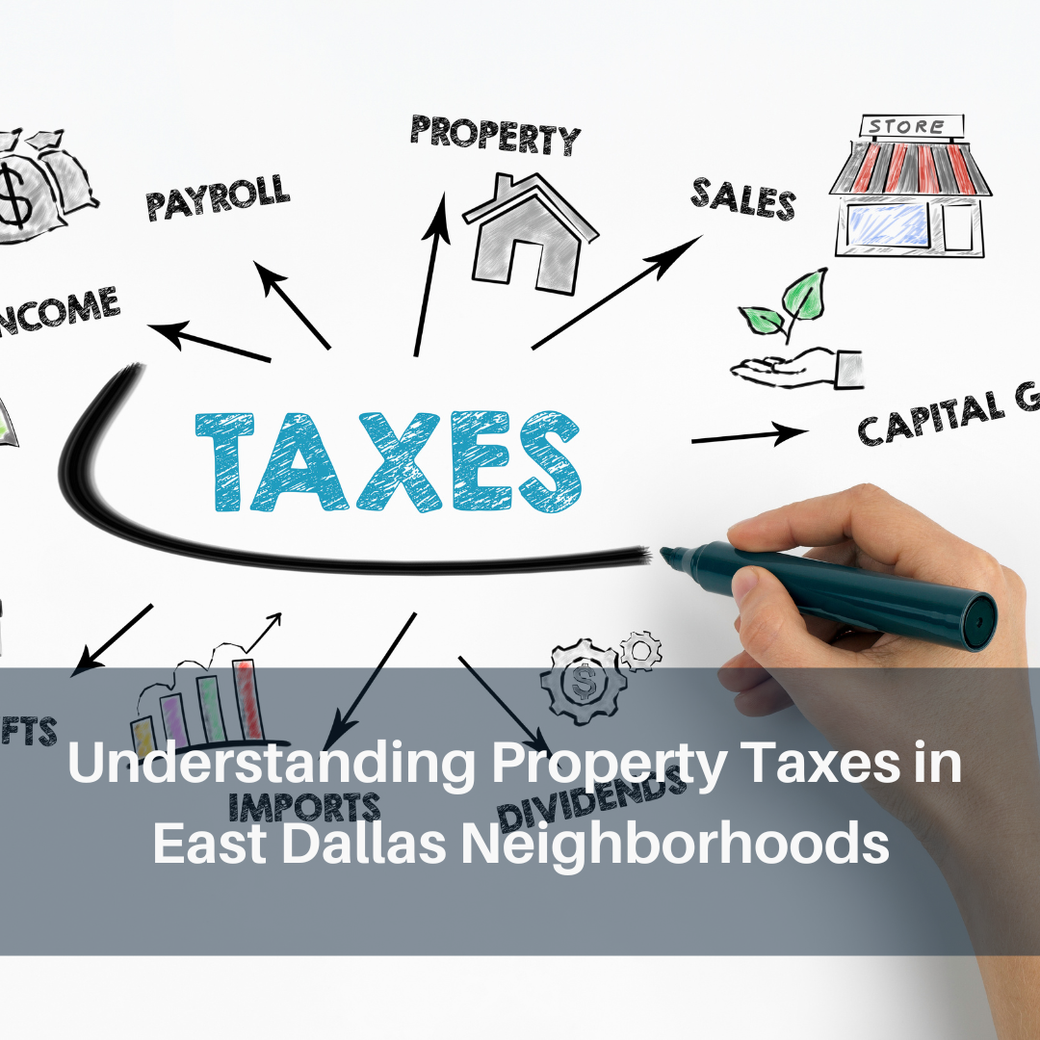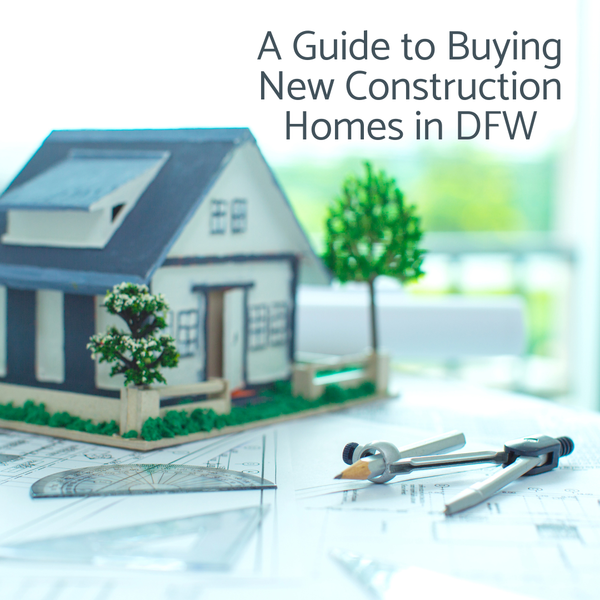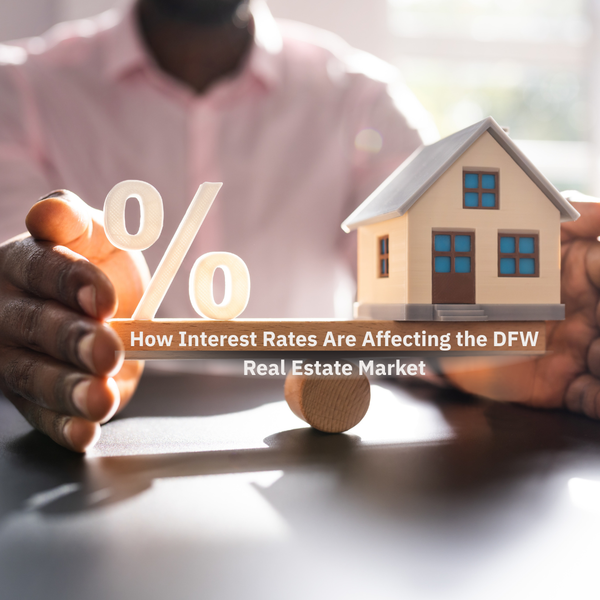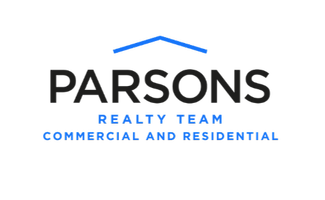Understanding Property Taxes in East Dallas Neighborhoods

East Dallas is one of the most desirable areas to live in, offering a mix of historic charm, modern amenities, and close proximity to downtown. Whether you’re a first-time homebuyer, a seasoned investor, or a long-time resident, understanding property taxes in this part of the city is essential to making informed real estate decisions.
Property taxes in East Dallas are determined by several factors, including the appraised value of your home, the tax rate set by local authorities, and any exemptions that may apply. The Dallas Central Appraisal District (DCAD) assesses the value of properties annually, considering market trends, neighborhood development, and individual property characteristics. Homeowners often see fluctuations in their assessed values as the real estate market evolves.
One key component of property taxes in East Dallas is the tax rate set by multiple entities, including the City of Dallas, Dallas County, Dallas ISD, and other municipal or special service districts. These rates can change yearly, impacting your overall tax bill. While East Dallas neighborhoods such as Lakewood, Lower Greenville, and Casa Linda may have similar property values, slight variations in tax rates can occur based on school districts and municipal service boundaries.
Fortunately, Texas offers homeowners several exemptions that can help reduce their property tax burden. The most common is the Homestead Exemption, which provides tax relief to homeowners who use their property as their primary residence. This exemption not only lowers the taxable value of a home but also caps the annual increase in assessed value at 10%, preventing drastic spikes in tax bills. Additional exemptions include those for seniors, disabled individuals, and veterans, all of which can significantly reduce tax obligations.
Rising property values in East Dallas have led to increased tax assessments in recent years. Homeowners who believe their assessment is too high have the right to protest it through DCAD. The protest process allows property owners to present evidence, such as comparable sales or recent appraisals, to argue for a lower valuation. Many residents successfully reduce their tax bills through this method, making it a worthwhile step for those facing sharp increases.
For those considering purchasing a home in East Dallas, evaluating the property tax implications is an important part of the decision-making process. Comparing tax rates between neighborhoods, understanding exemption eligibility, and budgeting for potential increases can help buyers make financially sound investments. Additionally, working with a knowledgeable real estate professional can provide insights into historical tax trends and future projections.
As East Dallas continues to grow and evolve, property taxes will remain a critical aspect of homeownership. Staying informed about tax rates, exemptions, and the appeal process can help residents manage their financial responsibilities while enjoying everything this vibrant part of the city has to offer.
Recent Posts










